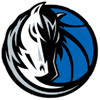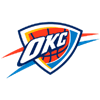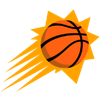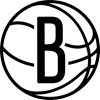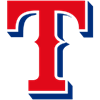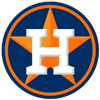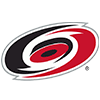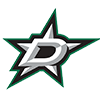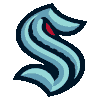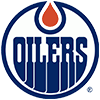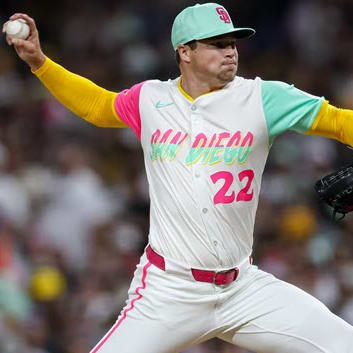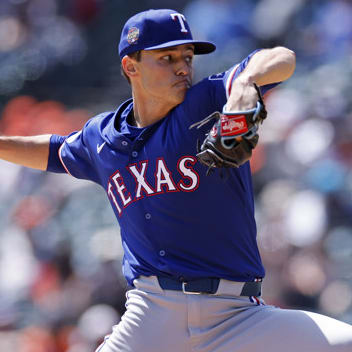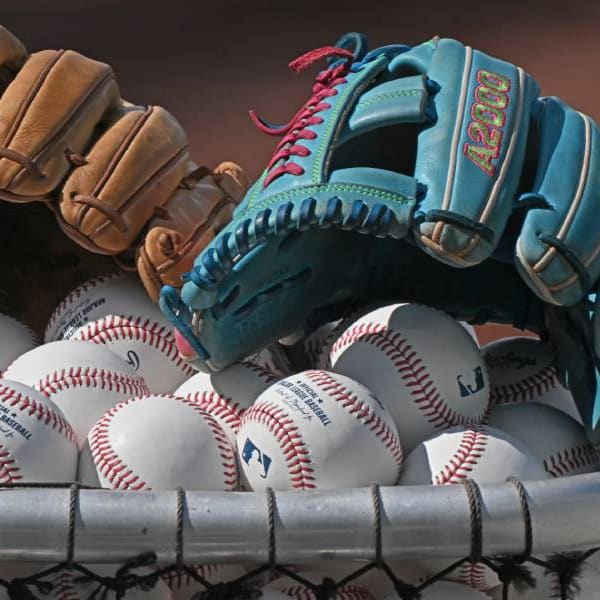The best ball format remains primarily associated with football, though it's grown in popularity for a wide range of other sports. Baseball is no exception, and Underdog offers some of the biggest tournaments in the industry. In addition to standalone leagues at different buy-in levels, Underdog also offers two major tournaments that recently launched for the 2023 season. The Dinger is a $10 entry fee and features 56,200 entries. The Warmup is a $3 entry fee and has a smaller field of 9,360 that is filling quickly.
Sign up for Underdog to receive a free 6-month subscription to RotoWire and first deposit match up to $100 with promo code RWMLB. Click here to claim this special offer now.
For those new to Underdog and best ball overall, looking back on an introductory article released two years ago should prove to be helpful. In the first installment for the 2023 season, we'll build on some of the themes of that article with the goal of identifying the types of hitters that possess the best skillset to rack up points as well as some over- and underrated hitters based on their early ADP. For those more familiar with traditional 5X5 or category leagues, there will be some significant differences in player valuation, but the goal of this article is to smooth that transition.
Per-Game Production
For those who have played fantasy baseball primarily in a traditional roto or category format, points formats take some getting used to. In addition to the obvious departure from the need to draft for category balance, some sites (including Underdog) don't deduct points for strikeouts and offer progressive scoring for singles, doubles, triples and home runs. That tends to inflate the value of boom-bust hitters such as Kyle Schwarber and many of the elite power hitters around the league. This concept was discussed in the introductory article already referenced, though I took the time to put some numbers behind this theory.
Underdog points per game (2022 season) | |
| Statistic | R-Squared |
| OPS | .850 |
| SLG | .841 |
| wOBA | .827 |
| HR | .673 |
| OBP | .597 |
| BA | .517 |
| SB | .269 |
This table tells us that OPS, slugging percentage and wOBA explain a lot of a hitter's production on a per-game basis. We can use a very limited sample of the players with the top-5 OPS marks (min. 200 PA) in 2022:
| Player | OPS Rank | Underdog PPG rank |
| Aaron Judge | 1 | 1 |
| Yordan Alvarez | 2 | 4 |
| Paul Goldschmidt | 3 | 2 |
| Mike Trout | 4 | 3 |
| Joey Meneses | 5 | 17 |
Knowing this, a shorthand way to identify value is to download Underdog ADP and compare that to RotoWire projections after sorting by OPS or SLG (the Underdog Cheat Sheet is also available on RotoWire). This can help you parse picks toward the top of your draft, or provide a bigger-picture look at potential value spots later in the draft. Engaging in this exercise suggested the following hitters are examples significantly discounted at their current ADP.
- Triston Casas (.896 projected OPS, 212.2 ADP)
- Vinnie Pasquantino (.856 OPS, 98.6 ADP)
- C.J. Cron (.827 OPS, 105 ADP)
- Wil Myers (.803 OPS, 236 ADP)
While OPS explains a lot of player production in the format, it's also far from perfect. Players that don't reach base at a high rate but hit for a plenty of power will see their per-game production outperform their OPS. Using a metric such as SLG or ISO helps identify this type of skillset. Examples from 2022 include players such as Willy Adames (99th best OPS, 58th best SLG, 30th best PPG) and Adolis Garcia (100th best OPS, 59th best SLG, 35th best PPG).
This isn't to say targeting exclusively power hitters is the only path to a profitable season. Players that accrue a significant amount of their 5X5 value through stolen bases such as Trea Turner or Bo Bichette do lose value on Underdog, but those two still finished 15th and 33rd respectively in fantasy points per game in 2022. Players that rely almost exclusively on speed to produce fantasy value such as Whit Merrifield or Jorge Mateo are much more difficult to justify drafting.
Volume
At the risk of stating the obvious, players have to earn regular plate appearances to have the chance to let their skills on a per-game basis provide maximum benefit to fantasy managers. The R-Squared between PA and overall fantasy points scored in 2022 was 0.91, an indication of the degree to which volume can offset a relative lack of skill and how much lack of volume can offset exceptional skill.
Based on this knowledge, leadoff hitters on strong teams that will turn over the lineup quickly become particularly valuable in this format. Similarly, players without extreme platoon splits and a firm grip on a starting role also should be bumped up draft boards. Some potential leadoff hitters who may not be projected to standout in OPS, SLG or wOBA but will have the chance to make up production through volume include:
- MJ Melendez, KC
- Taylor Ward, LAA
- Gleyber Torres, NYY
- Lane Thomas, WAS
- Luis Arraez, MIA
Conversely, players who hit lower in their team's respective order or who have significant platoon splits, will lose volume and in turn fantasy value. Some hitters who have an ADP within the top 100 that may have playing time concerns include:
- Kyle Tucker (projected to hit sixth in the HOU lineup)
- Ozzie Albies (projected to hit sixth vs. RHP in ATL lineup)
- Tyler O'Neill (projected to hit sixth vs. RHP on STL lineup)
- Daulton Varsho (.533 OPS vs. L in 2022)
- Cedric Mullins (.578 OPS vs. L in 2022)
On Underdog particularly, all catchers lose value because of the increased off days the position requires from a defensive perspective. While some sites require filling individual positions, Underdog requires only three starting infielders, three starting outfielders and a flex player per scoring period. Given that setup, even elite catchers lose value relative to everyday infielders. Drafters have done a good job of adjusting to this overall, as J.T. Realmuto (122.9 ADP), Adley Rutschman (124.1 ADP), and Will Smith (141.9 ADP) all see their ADP drop significantly compared to a format such as NFBC or any other traditional 5X5 league.
Injuries are the elephant in the room because a sidelined player can't accrue fantasy points. On the other hand, injuries are also very difficult to predict. There are some outlier situations where players with consistent and lengthy injury histories such as Byron Buxton, Alex Kirilloff and Adalberto Mondesi may be ignored by more risk-averse drafters. We'll discuss contest selection more later in the series, but the type of league you join will also matter when considering drafting players with known injuries. Many tournaments have first rounds that end midway through the summer. In those formats, a player such as Bryce Harper will be useless for much of that opening round. On the other hand, standalone leagues will play out the entire season, so drafting a player with a minor injury or short-term suspension will be less harmful. Some hitters to make note of or monitor as we approach spring training:
- Fernando Tatis (20-game suspension and shoulder/wrist injuries in 2022)
- Bryce Harper (likely out until July after undergoing Tommy John surgery in the offseason)
- Joey Votto (likely won't be at full strength in spring training due to a shoulder injury)
- Starling Marte (may have delayed start to spring training, though the situation remains unclear)
Conclusion
In the early rounds, drafters should prioritize players who have an intersection of skill (OPS and SLG) and a premium role, this maximizing production from an overall and per-game perspective. Expectations have to change further into the draft, and in the middle rounds, it may be possible to draft players with only above-average skill or locked in everyday playing time. In the later rounds, it makes sense to start taking shots on players with playing time uncertainty but with excellent skills.







